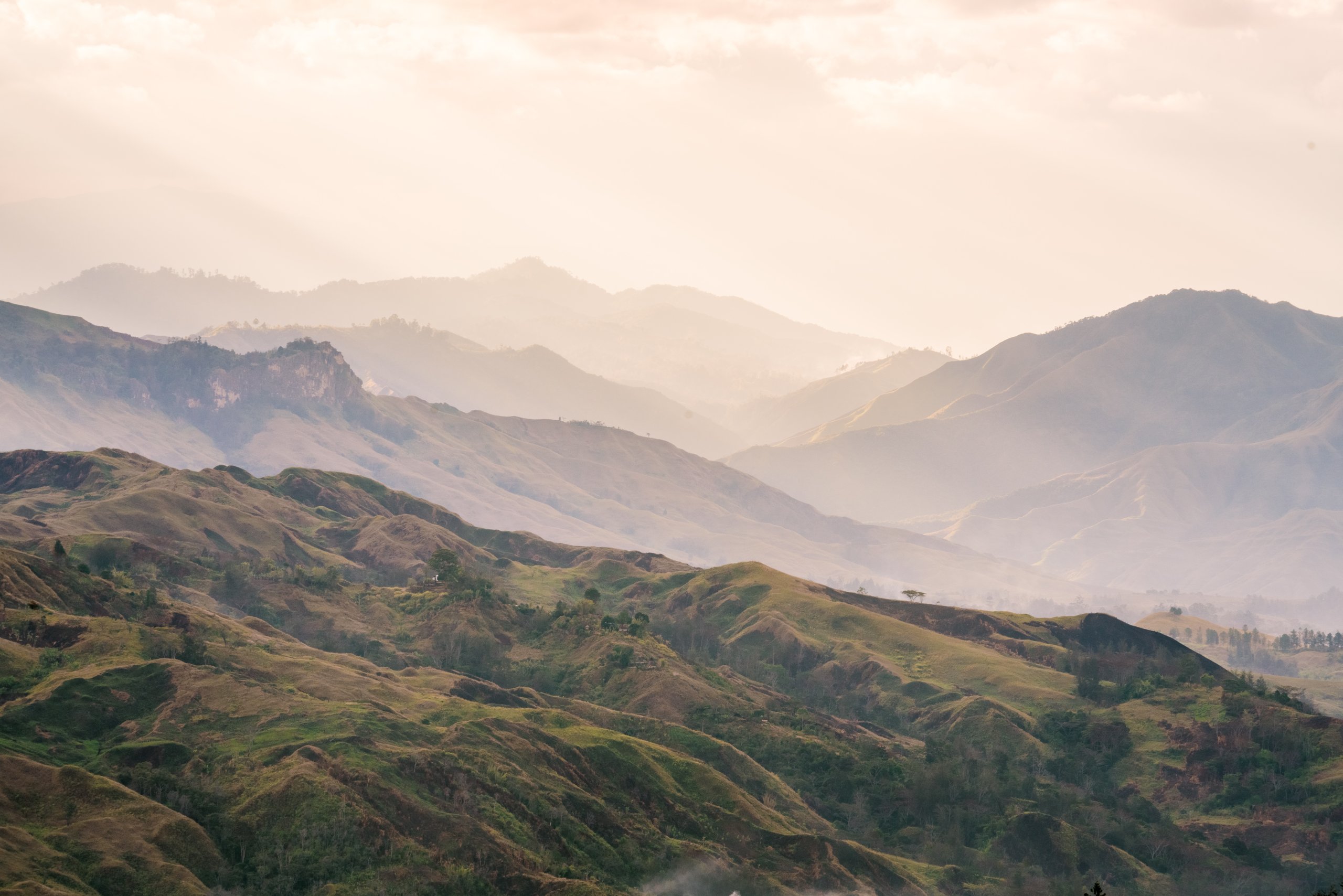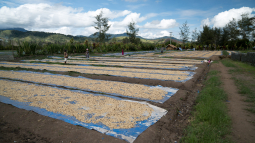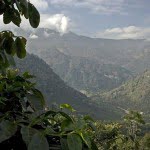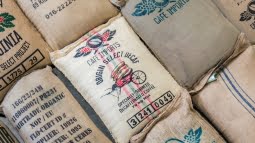Description
PNG is an extremely diverse country, with over 800 different languages spoken. Most of the tribes from the highlands had contact with the western world until the 1930s, as exploration in PNG had been minimal. PNG is now a paradox between western influence and indigenous traditions.
Commercial coffee production started in Papua New Guinea in the 1920s, with seeds brought from Jamaica’s Blue Mountain, a Typica known as Jamaica Blue Mountain. At that time most of the coffee production came from 18 large plantations. Plantations still exist in PNG, it only account for 15% of the total production; most of the production now comes from smallholders who tend to their coffee gardens, as they call them locally. These smallholders are subsistence farmers (meaning they live of their land), and they also grow coffee—there are no coffee farmers per se. Each garden might have anywhere from a couple to a couple hundred trees of coffee and parchment deliveries can range from 25–65 kg.
Kenta Plantation Mill is named after the community and village where it is located, about 4 hours away from Goroka town. The mill is a relatively new addition, built in 2011 and equipped with two four-disc depulpers and newly constructed fermentation tanks, where coffee is fermented for two days or more before being fully washed. The mill is located at 1,600 meters, but the farmers in the area live and grow coffee all the way up to 1,850 meters, some of the highest elevation in the region.
Coffee is delivered in cherry by local producers and is blended with coffee grown on the plantation land. The majority of the coffee in this area is Bourbon, Typica, and Arusha. The coffee is separated into day lots and kept separate throughout the processing and drying. The coffee is depulped the same day it’s delivered, and fermented for 48 hours or more before being washed. It is dried on tarpaulins that are spread on a grassy field near the wet mill; it’s tended by local women, who rake and rotate the coffee as it dries, over a period of 6–9 days












Reviews
There are no reviews yet.